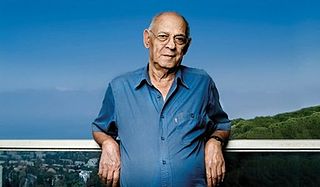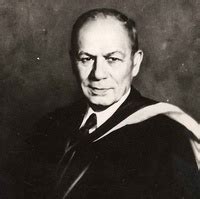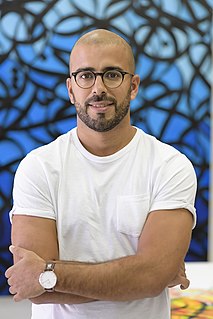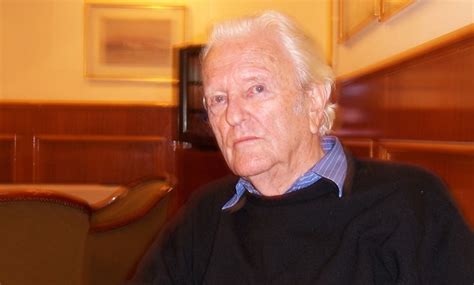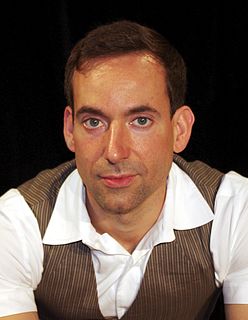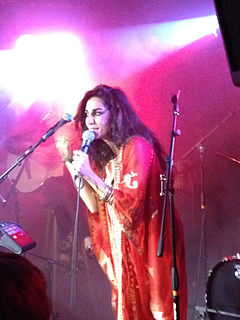A Quote by Ibn Khaldun
All the sciences came to exist in Arabic. The systematic works on them were written in Arabic writing.
Related Quotes
During all the first part of the Middle Ages, no other people made as important a contribution to human progress as did the Arabs, if we take this term to mean all those whose mother-tongue was Arabic, and not merely those living in the Arabian peninsula. For centuries, Arabic was the language of learning, culture and intellectual progress for the whole of the civilized world with the exception of the Far East. From the IXth to the XIIth century there were more philosophical, medical, historical, religiuos, astronomical and geographical works written in Arabic than in any other human tongue.
I couldn't know about my culture, my history, without learning the language, so I started learning Arabic - reading, writing. I used to speak Arabic before that, but Tunisian Arabic dialect. Step by step, I discovered calligraphy. I painted before and I just brought the calligraphy into my artwork. That's how everything started. The funny thing is the fact that going back to my roots made me feel French.
Modern Arabic literature achieved international recognition when Mahfouz was awarded the Nobel prize in 1988 (.....) Mahfouz also rendered Arabic literature a great service by developing, over the years, a form of language in which many of the archaisms and cliches that had become fashionable were discarded, a language that could serve as an adequate instrument for the writing of fiction in these times.
Especially after the Twin Towers, we're so terrified of 'Arabic' people. And talk about stereotypical negative portrayals of people of certain groups, if you look at the portrayal of Arabic people in Hollywood films, it's just appalling. They've always been just the easiest of targets - along with native Africans and what have you.
I think in Arabic at times, but when I'm writing it's all in English. And I don't try to make my English sound more Arabic, because it would be phony - I'm imagining Melanie Griffith trying to do a German accent in Shining Through. It just wouldn't work. But the language in my head is a specific kind of English. It's not exactly American, not exactly British. Because everything is filtered through me, through my experience. I'm Lebanese, but not that much. American, but not that much. Gay, but not that much. The only thing I'm sure of, really, is that I'm under 5'7".

